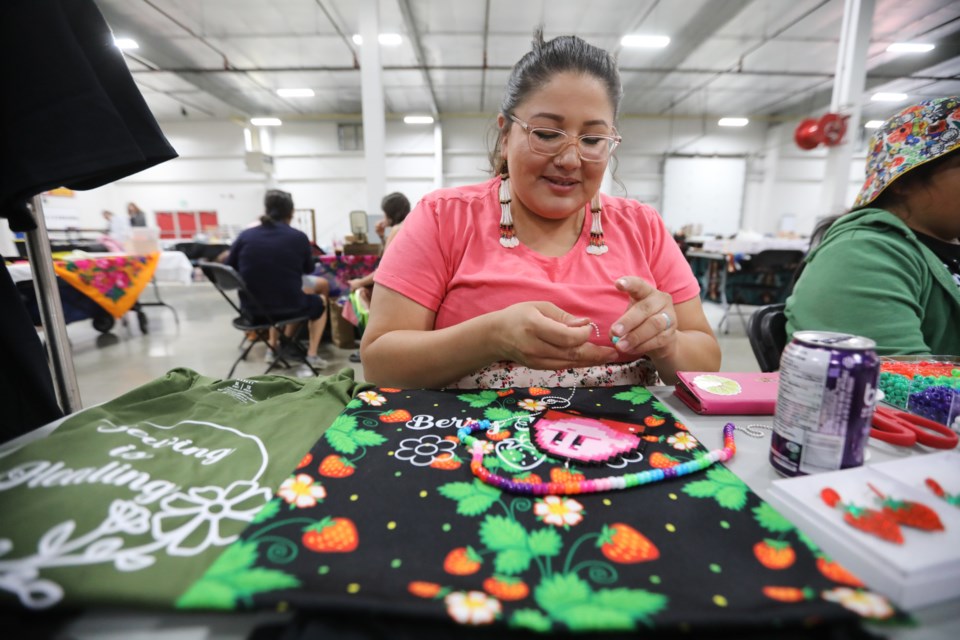(ANNews) – As Alberta progresses towards a more inclusive economy, the role of Indigenous entrepreneurs is becoming increasingly crucial. Despite their significant contributions, many of these business leaders encounter substantial challenges. Addressing these issues requires a concerted effort to enhance support, transparency, and collaboration.
Carrie Armstrong, founder of Mother Earth Essentials, exemplifies the dedication needed to overcome these hurdles. Building on her heritage as a descendant of Cree Medicine Women, Armstrong launched her line of natural bath and beauty products, inspired by traditional practices. Her entrepreneurial journey began in Edmonton, during her tenure at Amiskwaciy Academy, where she utilized traditional plants to connect students with their cultural heritage.
Armstrong’s background includes valuable experience in the beauty and retail industries as an esthetician and a cosmetic sales representative. These experiences provided a solid foundation for creating Mother Earth Essentials, a venture that blends her cultural knowledge with her professional expertise.
Indigenous entrepreneurs often face significant barriers, including limited access to funding and resources. Addressing these challenges requires greater awareness and support.
Armstrong emphasizes the importance of communication in bridging these gaps. She says, “We need to make sure businesses are aware of available resources and actively seek their input on how to improve their experiences and success.” She also points to issues with gatekeeping in opportunity allocation, suggesting that “opening doors for everyone and ensuring fair access to resources is crucial.”
A key component of supporting Indigenous entrepreneurs is economic reconciliation, which aims to address historical inequities and promote a more balanced economy. This approach is essential for ensuring that Indigenous contributions are fully recognized and valued.
Armstrong highlights that empowering Indigenous entrepreneurs goes beyond just providing resources. “It’s about creating a future where their contributions are acknowledged and ensuring meaningful participation across all sectors of the economy.”
Mentorship and collaboration are vital for fostering a supportive environment for emerging businesses. Armstrong’s experience in mentoring other Indigenous startups underscores the importance of sharing knowledge and resources.
She notes, “The market for Indigenous entrepreneurs is still relatively small. Collaboration, rather than competition, strengthens the community. By supporting each other, we can achieve greater success together.”
For Edmonton and all of Alberta to fully embrace the potential of Indigenous entrepreneurs, it is essential to focus on economic reconciliation and promote equitable participation. Investing in Indigenous enterprises and addressing existing barriers will help build a more inclusive and prosperous future for all.
Stories like Armstrong’s illustrate the untapped potential of Indigenous entrepreneurs and their ability to drive significant economic growth. By adopting these principles and fostering a supportive environment, the contributions of Indigenous businesses will be realized and their impact felt nationwide.




